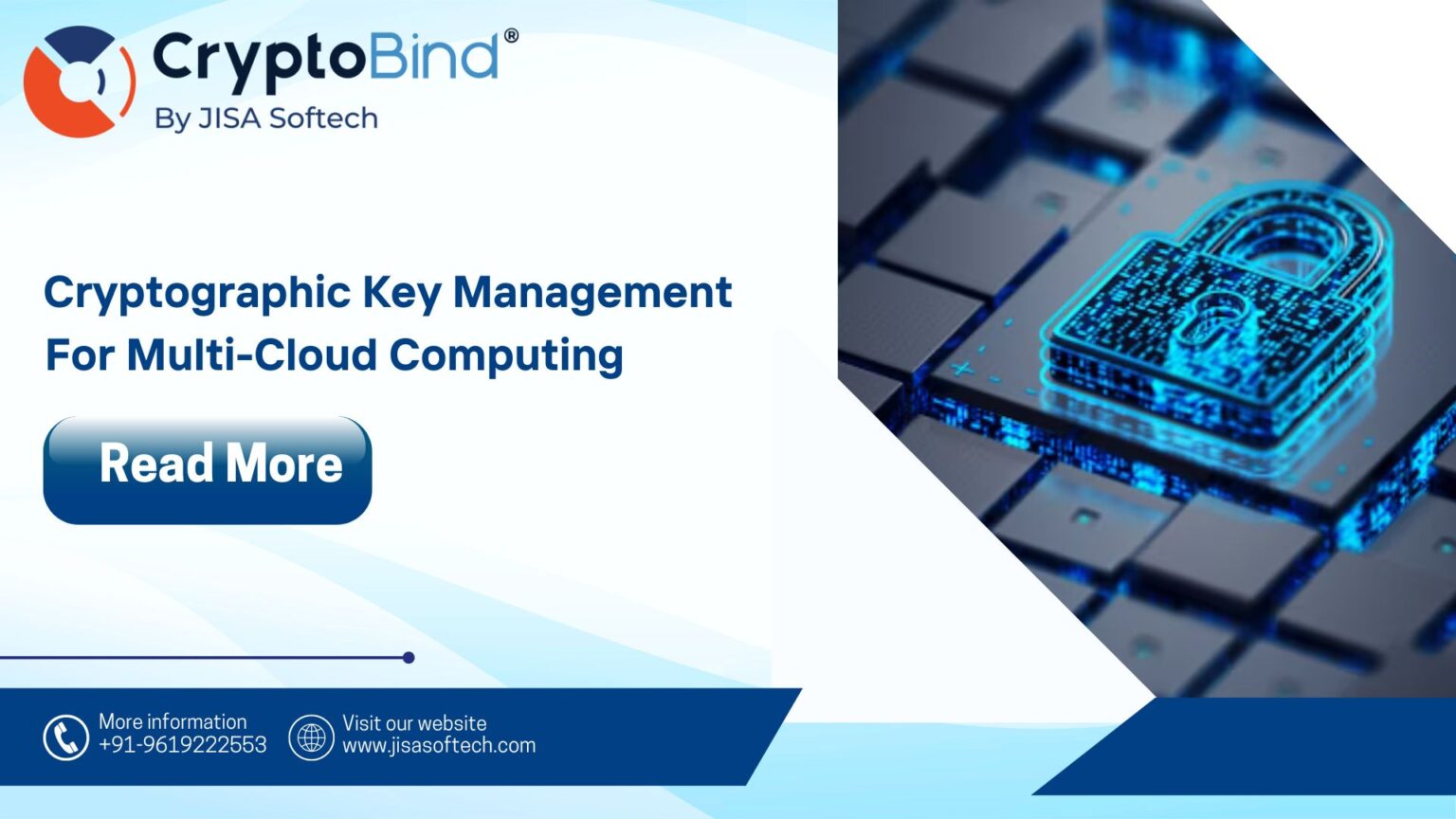In an era where data is king, encryption of sensitive information has become a non-negotiable practice for organizations wishing to comply with various regulatory obligations and preserve their reputation. The use of encryption not only builds resilience against data breaches but also protects against the potential consequences of such incidents. However, the effectiveness of encryption depends on implementing robust key management procedures.
An essential good practice in key management involves the use of Hardware Security Modules (HSM) to generate and save secret keys and certificates within a secure physical boundary. This ensures that key elements remain immune to attacks because they are never exposed in plaintext in application or server memory. However, while HSMs are an essential element, a comprehensive encryption strategy requires more.
Designing and implementing robust key management practices, aligned with regulatory requirements and tailored to unique workflows, is equally crucial. This often involves appointing staff who are familiar with key management procedures in order to integrate them seamlessly into daily business operations.
In the past, organizations faced significant challenges when securing critical systems within their own data centers. Fast forward to today, where an increasing number of workloads reside in the cloud, introducing new, more complex key management challenges. Multi-cloud environments, driven by diverse application requirements, have become the norm rather than a strategic choice.
In the rapidly evolving landscape of multi-cloud computing, enterprises are increasingly leveraging various cloud platforms to achieve various business objectives. Whether driven by the need to improve collaboration, reduce the data center footprint, or improve customer response times, organizations face the challenge of ensuring consistent security configurations and robust data protection in their multi-cloud environments. In this context, a robust cryptographic key management strategy plays a central role in protecting sensitive data and workloads.
For organizations operating in the multi-cloud landscape, key management can seem like a daunting challenge. Trust is already extended to cloud service providers when sensitive data is entrusted to them. To address concerns, many providers have launched “Bring Your Own Key” (BYOK) initiatives. While a positive step forward, these initiatives involve trusting the same entity not only with sensitive data, but also with the secret keys needed to decrypt it.
BYOK: overcoming the challenges of multi-cloud environments
Bring Your Own Key (BYOK) is emerging as a crucial strategy to address the complexities associated with key management in multi-cloud environments. However, the latest generation of Key Managers bridges the gap by adopting BYOK functionality.
In conclusion, as organizations continue to navigate the complexities of multi-cloud environments, it becomes imperative to take a proactive approach to key management, particularly through BYOK solutions. This ensures that the promise of the cloud can be fully realized while simultaneously improving data security in an ever-changing digital landscape.
HAS JISA Softechwe specialize in delivery Key Management System (KMS) solutions integrating the Bring Your Own Key (BYOK) and Bring Your Own Encryption (BYOE) approaches. Adopting BYOK allows organizations to transform the challenges of a multi-cloud environment into strategic advantages. This methodology not only adheres to industry best practices but also allows businesses to fully realize the benefits of migrating to the cloud. It provides the flexibility to execute cryptographic operations securely and efficiently, ensuring the confidentiality and integrity of sensitive information.
Contact us for customized data protection and privacy solutions tailored to your organization’s needs.
sales@jisassotech.com
+91-9619222553

